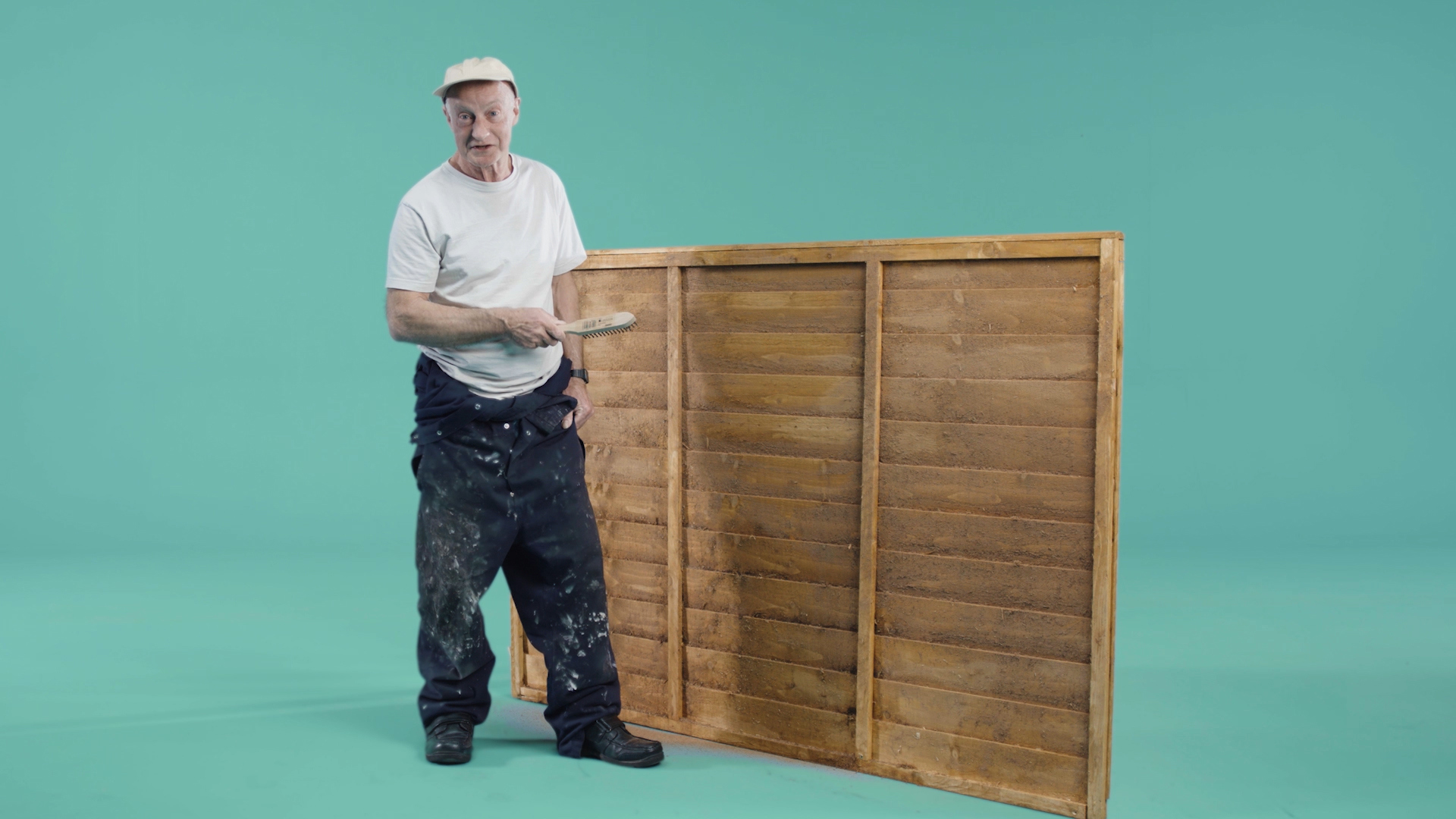
About Ronseal
Among the tropes associated with younger people today (tech-savvy, environmentally conscious, fans of avocado on toast, etc) ‘good at DIY’ isn’t one of them. The difficulty of getting on the housing ladder is undoubtedly part of the problem, as a generation of young renters has been denied the chance to learn vital home improvement skills. This helps to explain why DIY has become such a challenge for many.
Indeed new research from Ronseal, the leading woodcare specialist, finds that only one in three people aged 23 to 38 feel confident about doing home repairs or maintenance. Not only that, one in three say they have never changed a lightbulb, let alone a fuse, while ten per cent say they have never performed a DIY job of any kind.
The research shows that a general lack of confidence and understanding of tools and techniques alongside worries about causing damage to a property are some of the reasons for DIY avoidance.
Householders living in the South East of the UK are the most risk averse, with Londoners the most willing to attempt a DIY job. Against this backdrop of general uncertainty, the survey shows that 22 per cent of people are turning to professionals for even relatively minor jobs.
People are also going digital in search of support, from watching YouTube tutorials to asking Google for the answers to their DIY woes. Many homeowners will also regularly consult their parents or other older relatives for advice.
In a bid to tackle these fears and boost DIY skills nationwide, Ronseal is launching a new campaign that puts ‘expert mums and dads’ at the forefront. Running across online video and social media, the campaign features real-life mums and dads and other DIY veterans who are often asked to help with others with their DIY challenges.
These expert parents appear in a number of videos in which they provide tips on everything from preserving and maintaining wood, to looking after paintbrushes. The campaign also features the launch of the Ronseal’s ‘Pocket Parent’ – a Facebook Messenger bot which provides responses and tips when prompted with DIY queries.
Ronseal marketing director Jane Ryder says: “For homeowners who want to tackle jobs quickly and easily, DIY skills are as important as ever – but our research shows that these skills are dying out, particularly among new homeowners. By recruiting expert mums and dads and by launching our ‘Pocket Parent’, we want to re-engage people in DIY in a fun and engaging way.”

Online DIY gurus
Jan and Alan Wall, 63 and 67 respectively, help confused DIY-ers every day via their YouTube Channel. The married couple upload step-by-step solutions to common and unusual problems and respond directly to questions from viewers.
Alan argues that with a little bit of patience and expert guidance, anyone can tackle DIY. “We’re teachers,” he asserts. “It’s about taking the knowledge we’ve got and sharing it with other people. You don’t learn this stuff at school anymore.
“A lot of the time DIY is about confidence and practice. If you haven’t ever done a job before of course you won’t know how to do it. We can help with that – guiding people through the process and helping them realise that they can do it themselves.”
And as Jan makes clear, getting it wrong is all part of the process. “Everyone makes mistakes, that’s half the battle,” she says. If something does go wrong it’s easy to panic but our advice is, stay calm.”
Jan says her top tip for any homeowner is to find out where their stop cock and fuse box are so they can turn off the water or electricity in an emergency, or before they tackle a job.
‘DIY Doctor’ Mike Edwards is another online teacher who has teamed up with Ronseal and has become an indispensable source of help for many struggling DIY-ers. “We have been in danger of losing some of our DIY skills – parents don’t always have the time to pass these skills on,” he notes.
“But if you can do DIY it’s cost-effective. Practice and preparation are key. If you want to have a go at plastering for example, my advice would be to buy a bit of board and practice on it before you try on your home.”